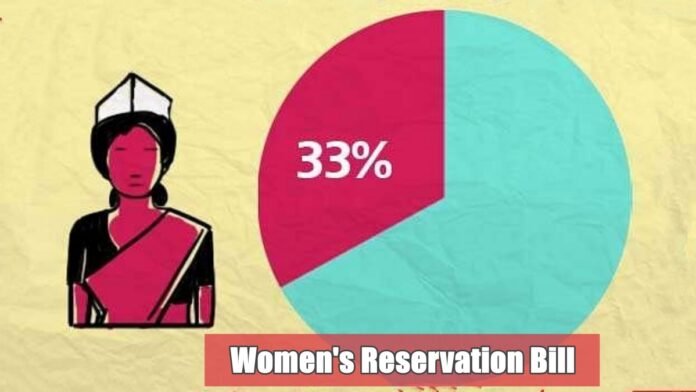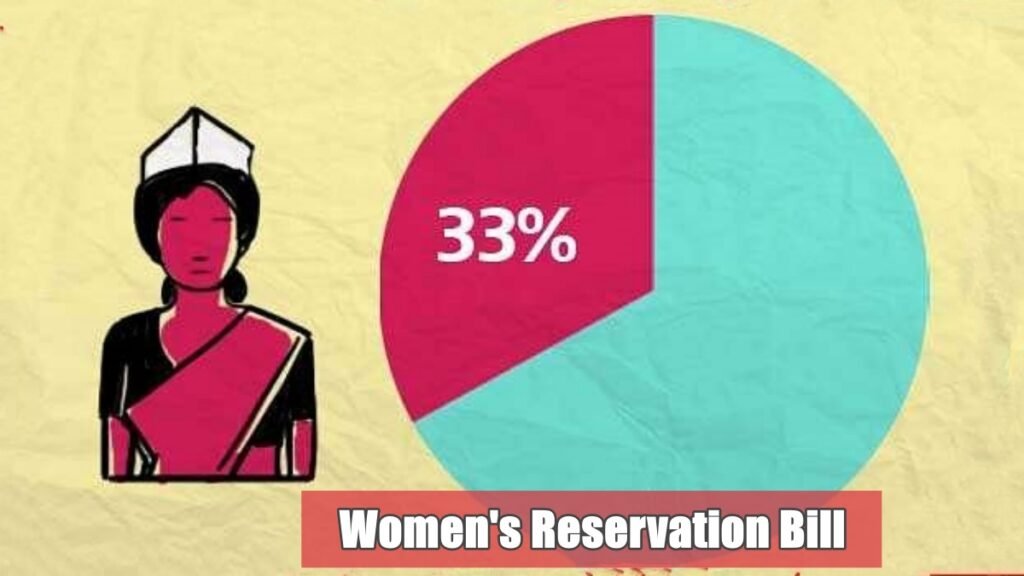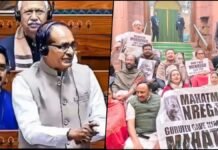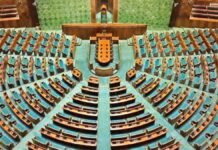
New Delhi: The Narendra Modi government on Tuesday took a historic step towards women’s empowerment by introducing a constitutional amendment bill in the Lok Sabha that seeks to reserve one-third of seats for women in the lower house of Parliament, state assemblies, and the Delhi assembly. The bill, named ‘Nari Shakti Vandan Bill-2023’, is the first bill to be introduced in the new Parliament building in the special session of Parliament.
However, the bill also states that the reservation will come into effect only after the publication of the next census and the subsequent delimitation process, which may take several years. This means that even if the bill is passed by both houses of Parliament and ratified by at least half of the state legislatures, it may not be implemented before the 2029 general elections.
The bill was introduced by Union Law Minister Arjun Ram Meghwal, who said that the purpose of the bill is to increase the participation of women in policymaking at the national and state levels. He said that the bill provides for reservation for 15 years, which can be extended by Parliament.
The bill also provides for sub-quota for women belonging to Scheduled Castes (SC) and Scheduled Tribes (ST) in proportion to their existing share. However, there is no mention of Other Backward Classes (OBC) in the bill. The bill says that “as far as possible”, one-third of the seats in the Lok Sabha and state assemblies will be filled through direct elections. Of the reserved seats, “as far as possible” one-third will be for SCs and STs.
Meghwal said that after the passage of the bill, the number of women members in the 543-member Lok Sabha will increase from the current 82 to 181. He also said that 33 percent of seats will be reserved for women in the state assemblies as well.

The bill is a revival of a long-pending demand of women’s organizations and political parties for decisive affirmative action to enhance their representation in legislatures. The bill was first introduced in 1996 by then Prime Minister Deve Gowda-led United Front government but failed to get approval from both houses of Parliament. It was reintroduced several times by subsequent governments but faced opposition from some parties and MPs. The bill was last passed by the Rajya Sabha in March 2010 but lapsed after it could not be taken up by the Lok Sabha.





















































